
Breakthrough in cancer treatment, transforming malignant cells into normal cells

South Korean scientists have developed a new technology that can transform cancer cells back into normal cells. This promising discovery could mark the beginning of new treatment therapies.
There have been many advances in cancer treatment worldwide, with the goal of eliminating cancer cells. However, current treatments face fundamental limitations, such as cancer cells developing drug resistance and recurrence, as well as serious side effects from destroying healthy cells.
According to News-Medical, the Korea Advanced Institute of Science and Technology (KAIST) recently announced that they have developed a groundbreaking technology that can treat colon cancer by transforming cancer cells into a state similar to normal colon cells, rather than killing them, thus avoiding side effects.
This work was developed by a research team led by Professor Kwang-Hyun Cho from the Department of Biological and Brain Engineering at KAIST.
The research team found that during the process of cancer development, normal cells regress along their differentiation trajectory. Cell differentiation is the process in which a cell transforms from one type into another.
Based on this understanding, the scientists developed a technology to create a digital replica of the gene network related to the differentiation trajectory of normal cells.
Through simulation analysis, the team systematically identified key "switches" that trigger normal cell differentiation. When these "switches" were applied to colon cancer cells, the cancer cells reverted to a normal state.
This result was confirmed through molecular and cellular biology experiments, as well as animal studies.
These findings could be a promising starting point for the development of cancer therapies that may be applicable to various types of cancer.
"The fact that cancer cells can be transformed back into normal cells is an amazing phenomenon. This research demonstrates that such reversal can be systematically achieved," said Professor Kwang-Hyun Cho.
What causes cancer?
According to Healthline, there are over 200 different types of cancer in humans. Cancer often develops silently over a long period before causing clinical signs and symptoms that make it detectable.
Sometimes cancer does not cause clinical symptoms and is only discovered by chance when a patient undergoes a routine check-up. Additionally, when cancer does show clinical symptoms, they can be very diverse and sometimes vague, non-specific, easy to overlook, and mistaken for common benign diseases.
As the disease progresses, clearer and more characteristic clinical symptoms of cancer emerge.
Cancer occurs due to changes (mutations) in the DNA of cells. DNA contains the genetic information necessary for the production of cellular components, organelles, and the cell cycle.
Errors in these instructions can cause cells to stop functioning normally, which can lead them to become cancerous.
You may be born with a genetic mutation inherited from your parents. This type of mutation accounts for a small proportion of cancers.
Most genetic mutations occur after birth and are not inherited. Some factors that can cause genetic mutations include smoking, radiation, viruses, carcinogenic chemicals, obesity, chronic inflammation, and lack of exercise.
Genetic mutations happen frequently during the growth of normal cells. However, the body has mechanisms to recognize these errors and correct them. Sometimes, a mistake is overlooked, which can lead to a cell becoming cancerous.
News in the same category

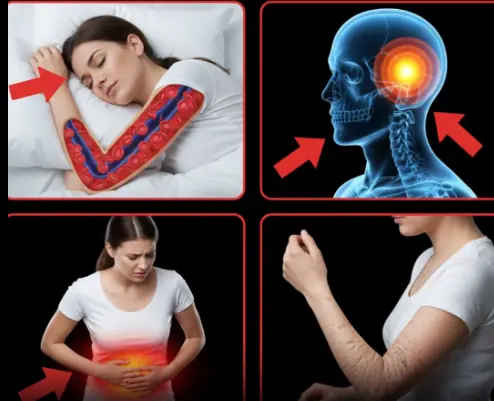
Over 60? 10 Early Dementia Warning Signs You Must NEVER Ignore (Catch Them Before It’s Too Late)
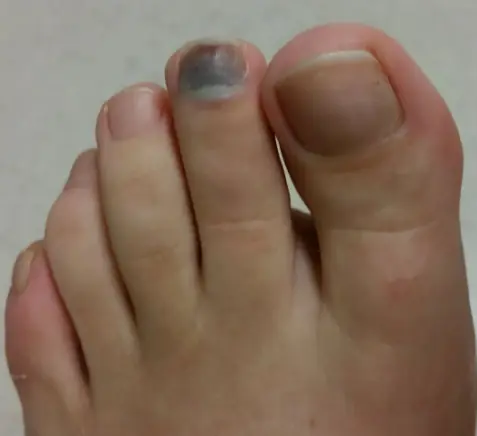
What Causes a Toenail To Turn Black?

What To Know and Do About Pain Under Your Left Rib Cage

Understanding the Relationship Between Breast Size and Hormonal Health

Clove Water Sitz Baths for Women: A Gentle Guide to Hygiene and Comfort
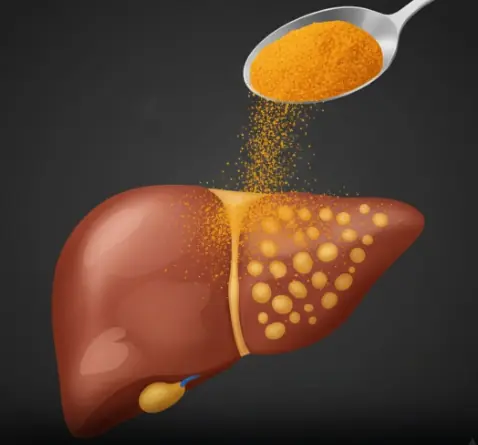
1 teaspoon a day melts away fatty liver naturally
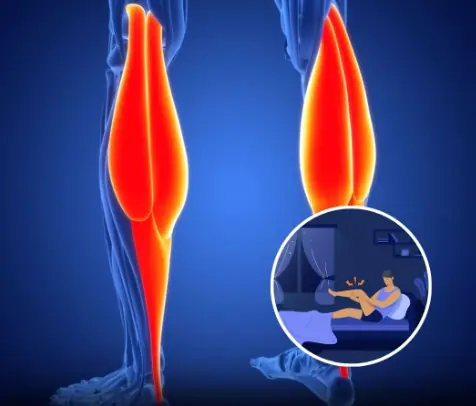
Why Your Legs Cramp At Night And How To Stop It From Happening
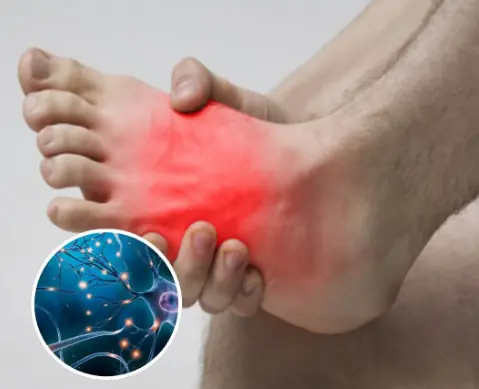
How to treat nerve pain in the foot, toes & legs
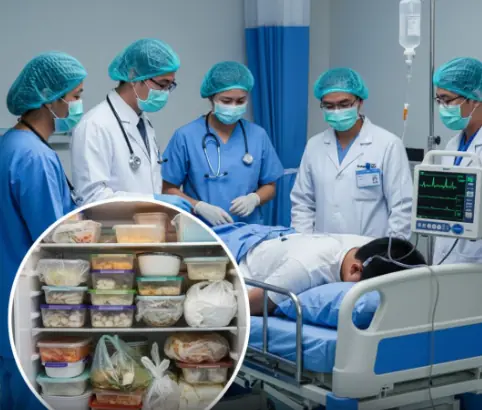
5 foods you should never keep overnight
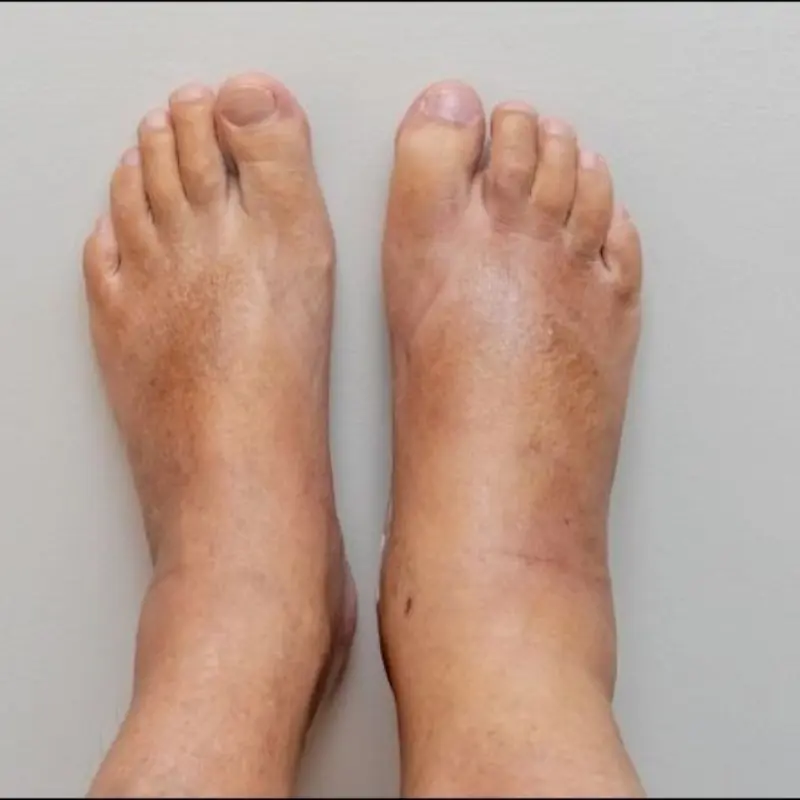
A warning sign in your feet could mean fatty li.ver damage is no longer reversible

Behind a rare illness striking her in the prime of her youth was a dang.erous daily habit
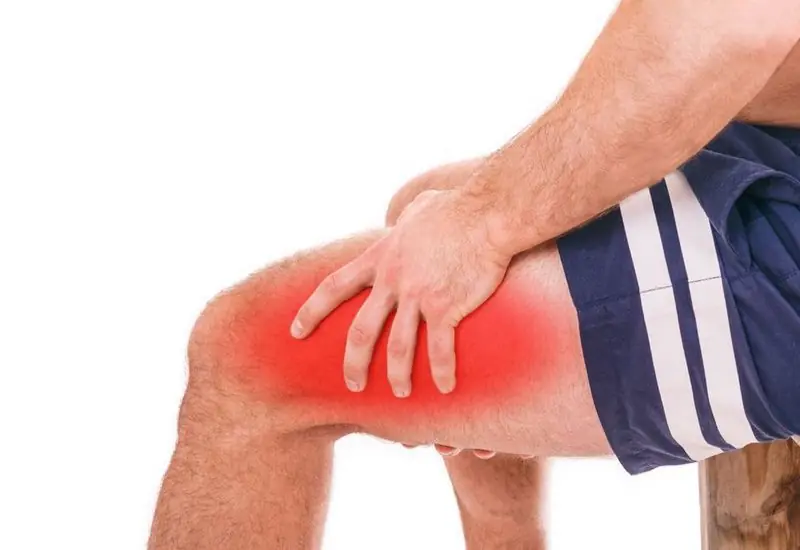
Quatro sintomas que começam na perna podem ser um sinal de cân:cer 'mo:r:tal'
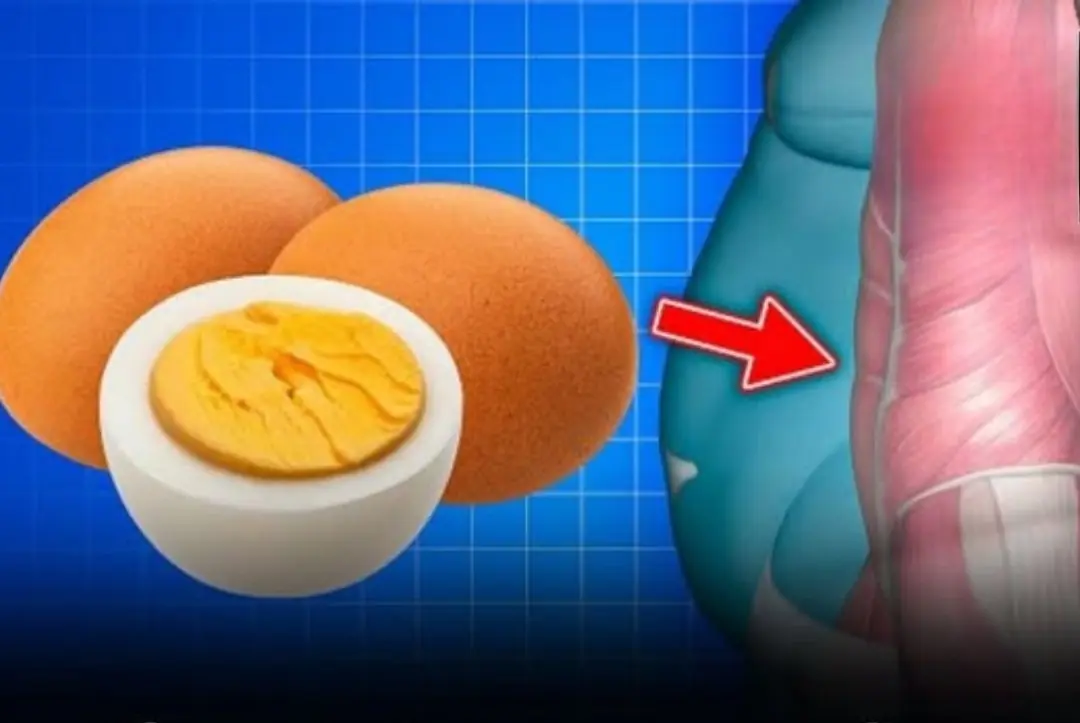
Prepare to Be Shoc:ked by What’s Happening Inside Your Body

5 foods you should never eat together with sweet potatoes
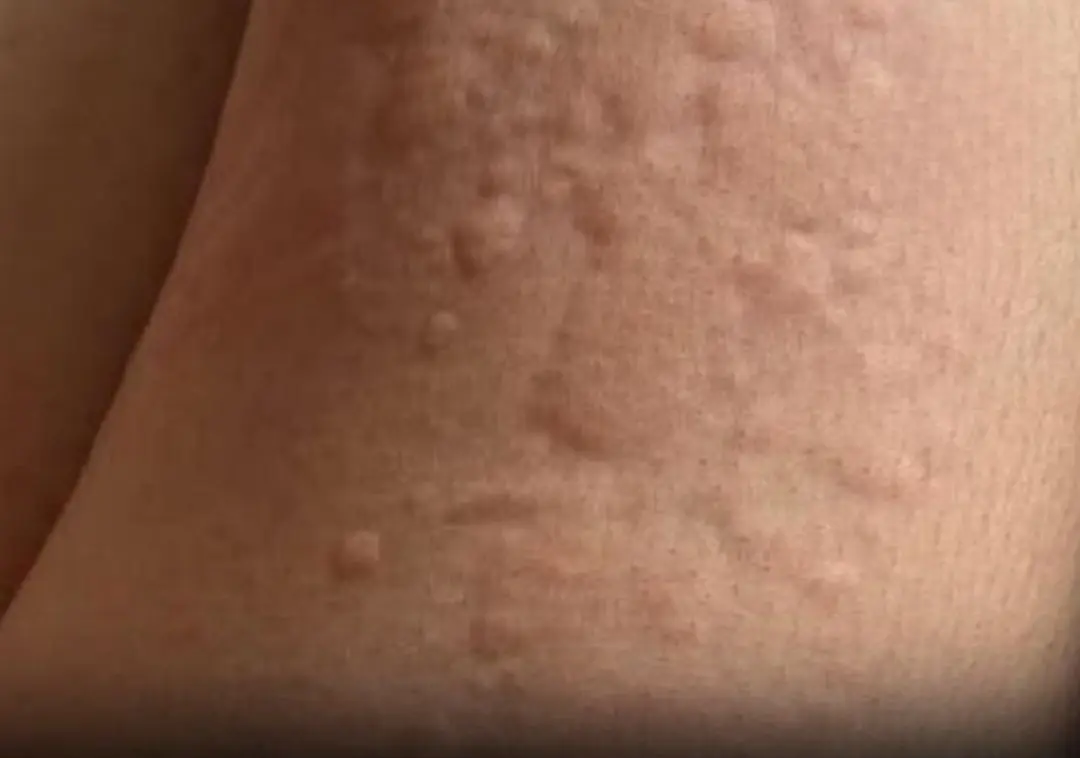
What he thought was a simple allergy turned out to be something far more alarming when doctors gave their diagnosis

The Real Causes of Constant Phlegm and Mucus in Throat and How to Get Rid of It...
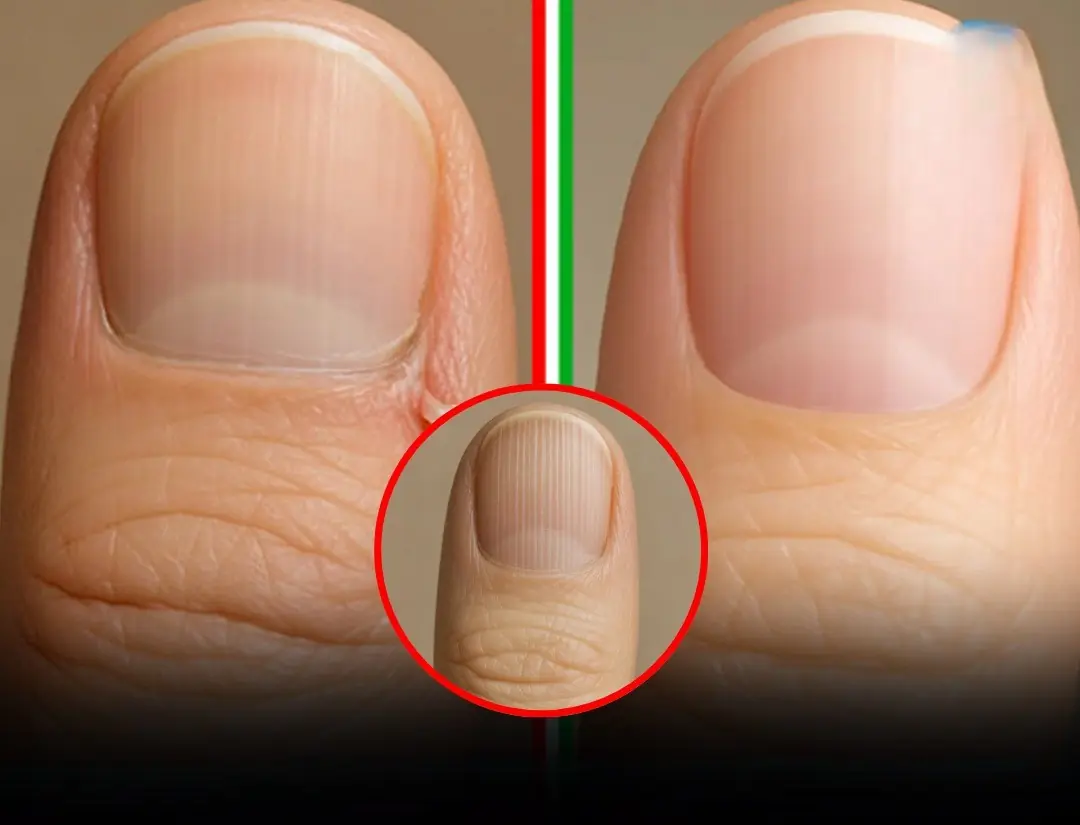
5 Silent Health Problems Your Nails Reveal Before Anything Else 👇

Pepper Steak Pasta Skillet with Bell Peppers and Onions

Important News for Everyone Who Loves a Daytime Nap....
News Post

If You Spot This Vegetable at the Market, Buy It Immediately: Cheap but “Miraculously” Effective at Preventing Hair Loss and Boosting New Hair Growth

21-Year-Old Student Di.es Just 5 Days After Lu.ng Can.cer Diagnosis, Doctors Reveal a Shocking Truth Missed 6 Months Earlier

Hacks Everywhere: How the Age of Digital Shortcuts Is Rewriting Power, Privacy, and Survival

Europe’s Tech Awakening: How the EU Is Racing to Reclaim Its Digital Power
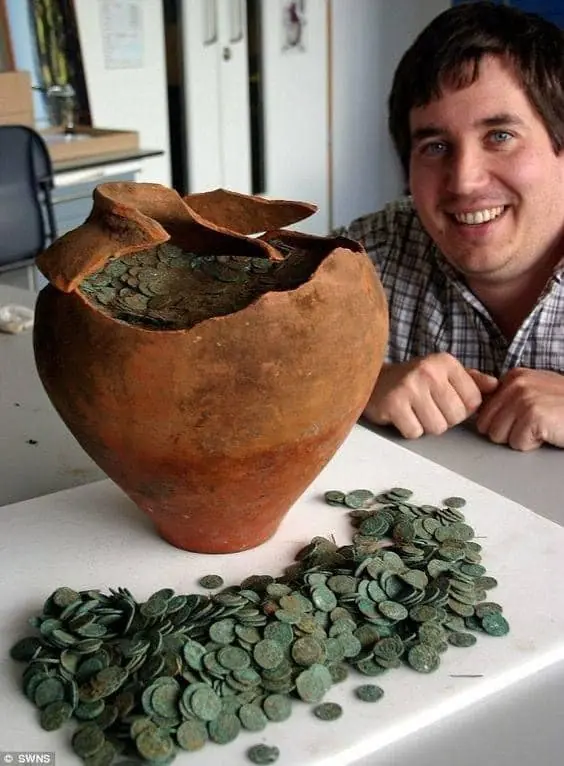
Buried Treasure Fills in Ancient Roman Puzzle

Blueberry Breakfast Quesadilla

The Flight That Celebrated New Year… Twice!

Over 60? 10 Early Dementia Warning Signs You Must NEVER Ignore (Catch Them Before It’s Too Late)

What Causes a Toenail To Turn Black?

Jjajangmyeon – Korean Black Bean Noodles

What To Know and Do About Pain Under Your Left Rib Cage

Understanding the Relationship Between Breast Size and Hormonal Health

Clove Water Sitz Baths for Women: A Gentle Guide to Hygiene and Comfort

Beef, Broccoli & Mushroom Rice Bowl

1 teaspoon a day melts away fatty liver naturally

Why Your Legs Cramp At Night And How To Stop It From Happening
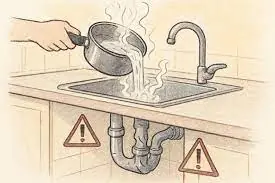
Stop pouring hot water down the sink — here’s why!

How to treat nerve pain in the foot, toes & legs

5 foods you should never keep overnight
